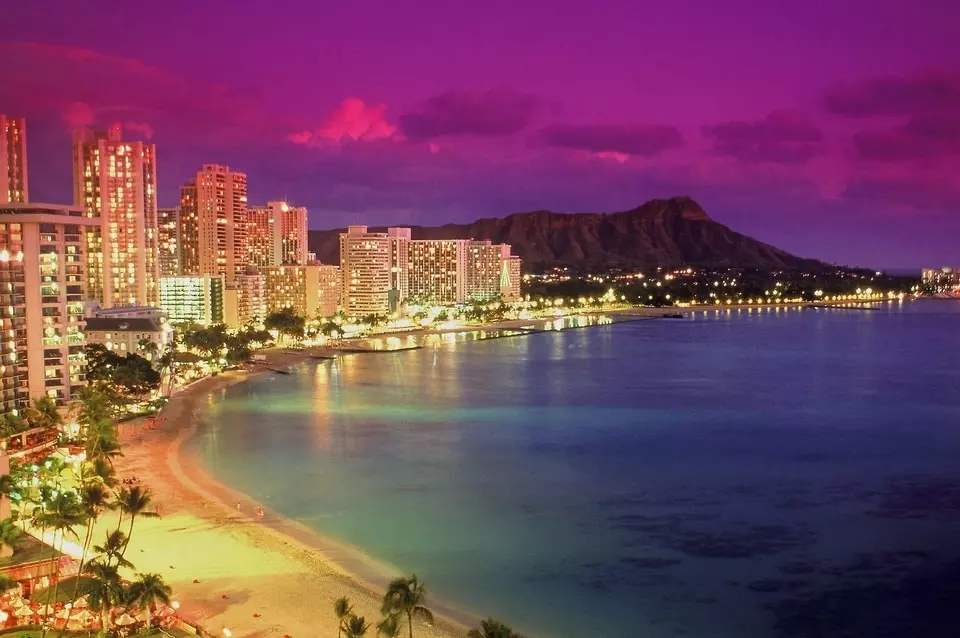 Sports betting is to become legal in the state of Florida on October 15th but local residents will not be able to immediately place their bets.
Sports betting is to become legal in the state of Florida on October 15th but local residents will not be able to immediately place their bets.
For the time being, casinos across the state have not announced a date when they will start taking wagers. On the other hand, some analysts have shared that the few pending legal challenges could delay the actual start of the new form of gambling in Florida until 2022, or in the worst case scenario, could even make sports bets off the table.
The Seminole Tribe of Florida will also not be able to start taking sports wagers at the end of the week. In a recent advertisement, it said that both in-person and online sports betting is coming “soon” to its casinos. The tribe has revealed that it continues to move forward with the plans to offer the new form of gambling in its premises by hiring and training hundreds of new employees for the official start of authorized sports betting.
The good news is that some clarity would be brought on the matter in the weeks to come because there will be a hearing for one of the lawsuits challenging the gaming compact between the state of Florida and the local Seminole Tribe.
The Seminole Tribe of Florida Given Sports Betting Monopoly through New State Compact
 For now, the Seminole Tribe of Florida has been given a monopoly on the new form of gambling through its latest compact with the state. The deal was signed by Governor Ron DeSantis in April and then, in May, passed Florida’s Legislature in a special session. The official federal regulatory approval of the compact agreement was finally received in August. Unfortunately, there are currently three lawsuits challenging the agreement, claiming that the Indian tribe’s compact breaches both state and federal law and should be suspended.
For now, the Seminole Tribe of Florida has been given a monopoly on the new form of gambling through its latest compact with the state. The deal was signed by Governor Ron DeSantis in April and then, in May, passed Florida’s Legislature in a special session. The official federal regulatory approval of the compact agreement was finally received in August. Unfortunately, there are currently three lawsuits challenging the agreement, claiming that the Indian tribe’s compact breaches both state and federal law and should be suspended.
Under the provisions of the gambling deal between the state and the Native American nation, the Seminole Tribe will be able to start offering sports betting services as of October 15th. The tribe has previously unveiled plans to take wagers both in its brick-and-mortar venue on reservation land and online through a mobile app. However, those plans have been delayed and will not be in place for at least one more month or even longer.
Furthermore, under the provisions of the compact, the tribe will be able to add some traditional casino games such as roulette and craps at its casinos. Under the agreement, it will be required to pay $20 billion to the state over the next 30 years, with the due payment for the next five years amounting to $2.5 billion.
Three Lawsuits Challenging the Deal Loom Over the Official Start of Sports Betting Services
 Most recently, in September, the Orlando-based group No Casinos and two of the biggest business leaders from South Florida – developer Armando Codina and car dealer Norman Braman – filed a legal action in the Washington D.C. District Court against the US Secretary of the Interior. According to the lawsuit, the agreement between the state of Florida and the Seminole Tribe violates a constitutional amendment passed by Florida voters in 2018, under which all new expansions of casino gambling are required to get the approval of state residents.
Most recently, in September, the Orlando-based group No Casinos and two of the biggest business leaders from South Florida – developer Armando Codina and car dealer Norman Braman – filed a legal action in the Washington D.C. District Court against the US Secretary of the Interior. According to the lawsuit, the agreement between the state of Florida and the Seminole Tribe violates a constitutional amendment passed by Florida voters in 2018, under which all new expansions of casino gambling are required to get the approval of state residents.
The Seminole Tribe, on the other hand, argues that its gambling agreement does not violate the amendment in question because the deal grants an exception for new forms of gambling offered under its agreement with the state. Campaigners, however, do not agree with the claims. According to the legal action, the exception only applies in cases when the compact is legal under federal law, and they clean that the new agreement of the Seminoles is not.
As CasinoGamesPro reported, two other lawsuits against the tribe’s compact – one in the US District Court for the Northern District of Florida and one in the D.C. court – have been filed by two parimutuel owners, Lee County’s Bonita Springs Poker Room and Magic City Casino in Miami-Dade County. Both legal actions claim that the new gambling agreement between the state and the Native American tribe violates two federal laws – the Indian Gaming Regulatory Act, as well as the Unlawful Internet Gaming Enforcement Act – as it allows sports wagers to be placed outside of tribal lands.
According to the supporters of the deal, the compact does not breach any of the aforementioned pieces of legislation as the bets are to be actually processed on a server on tribal lands.